Our inclusive language liturgies generally set the structure and theme of Sunday morning worship. Since announcements are an integral part of our life together, we offer some guidelines for those who make announcements towards the end of worship.
2020 Advent: Waiting for Revelation
Click here for a printable copy of the 2020 Advent Liturgy
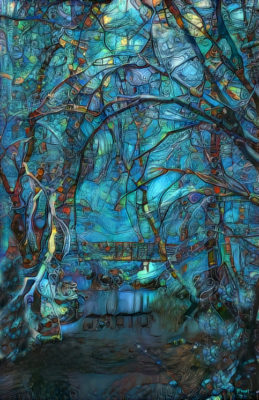 ENTRANCE
ENTRANCE
REFLECTION
The season of Advent means there is something on the horizon the likes of which we have never seen before. … What is possible is to not see it, to miss it, to turn just as it brushes past you. And you begin to grasp what it was you missed, like Moses in the cleft of the rock, watching God’s hindquarters fade in the distance. So stay. Sit. Linger. Tarry. Ponder. Wait. Behold. Wonder. There will be time enough for running. For rushing. For worrying. For pushing. For now, stay. Wait. Something is on the horizon.
Jan Richardson, Night Visions: Searching the Shadows of Advent and Christmas, p. xiii
2020 Jubilee Liturgy: Witnesses to God With Us
Click here for a printable copy of the 2020 Jubilee Liturgy
 ENTRANCE
ENTRANCE
REFLECTION
That is what Jesus did: he did not return the negative energy directed at him—not during his life nor when he hung on the cross. He held it inside and made it into something much better. That is how “he took away the sin of the world.” He refused to pass it on!
Richard Rohr, “Transforming Our Pain,” at https://cac.org/transforming-our-pain-2020-09-18/
2020 Recomittment Liturgy: The Mind of Christ in Us
click here for a printable copy of the 2020 Recommitment Liturgy
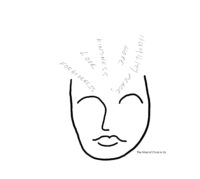
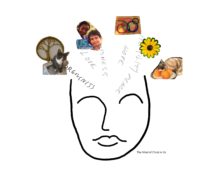
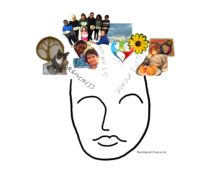
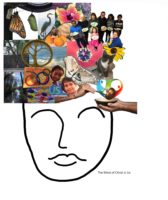
ENTRANCE
REFLECTION
And this is it. This is the life we get here on earth. We get to give away what we receive. We get to believe in each other. We get to forgive and be forgiven. We get to love imperfectly. And we never know what effect it will have for years to come. And all of it…all of it is completely worth it.”
Nadia Bolz-Weber, Accidental Saints: Finding God in All the Wrong People, p. 172
2020 Summer Liturgy: Hearing Stories Again for the First Time
click here for a printable copy of the 2020 Summer Liturgy
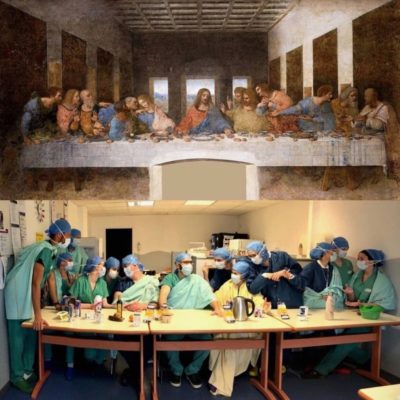
ENTRANCE
REFLECTION
The basic fact is that Christianity as it was born in the mind of this Jewish teacher and thinker appears as a technique of survival for the oppressed. That it became, through the intervening years, a religion of the powerful and the dominant, used sometimes as an instrument of oppression, must not tempt us into believing that it was thus in the mind and life of Jesus. … Wherever his spirit appears, the oppressed gather fresh courage; for he announced the good news that fear, hypocrisy, and hatred, the three hounds of hell that track the trail of the disinherited, need have no dominion over them.
Howard Thurman, Jesus and the Disinherited, p 29
2020 Trinity Liturgy: Finding Comfort
click here for a printable copy of the 2020 Trinity Liturgy
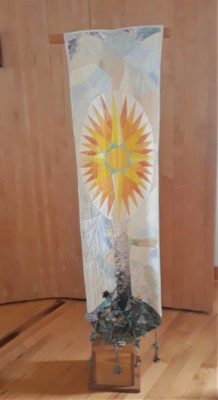
ENTRANCE
REFLECTION
As the years pass, I am coming more and more to understand that it is the common, everyday blessings of our common everyday lives for which we should be particularly grateful. They are the things that fill our lives with comfort and our hearts with gladness – just the pure air to breathe and the strength to breath it; just warmth and shelter and home folks; just plain food that gives us strength; the bright sunshine on a cold day; and a cool breeze when the day is warm.
Laura Ingalls Wilder, Writings to Young Women from Laura Ingalls Wilder: On Wisdom and Virtues, p 66

